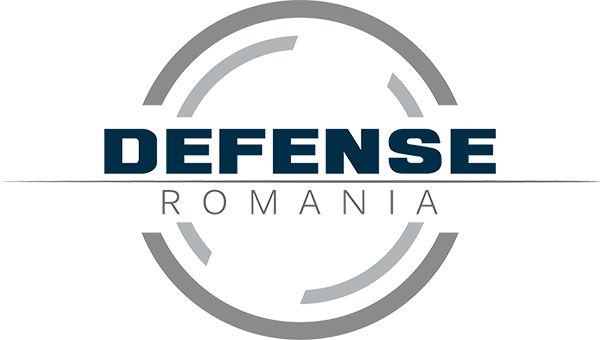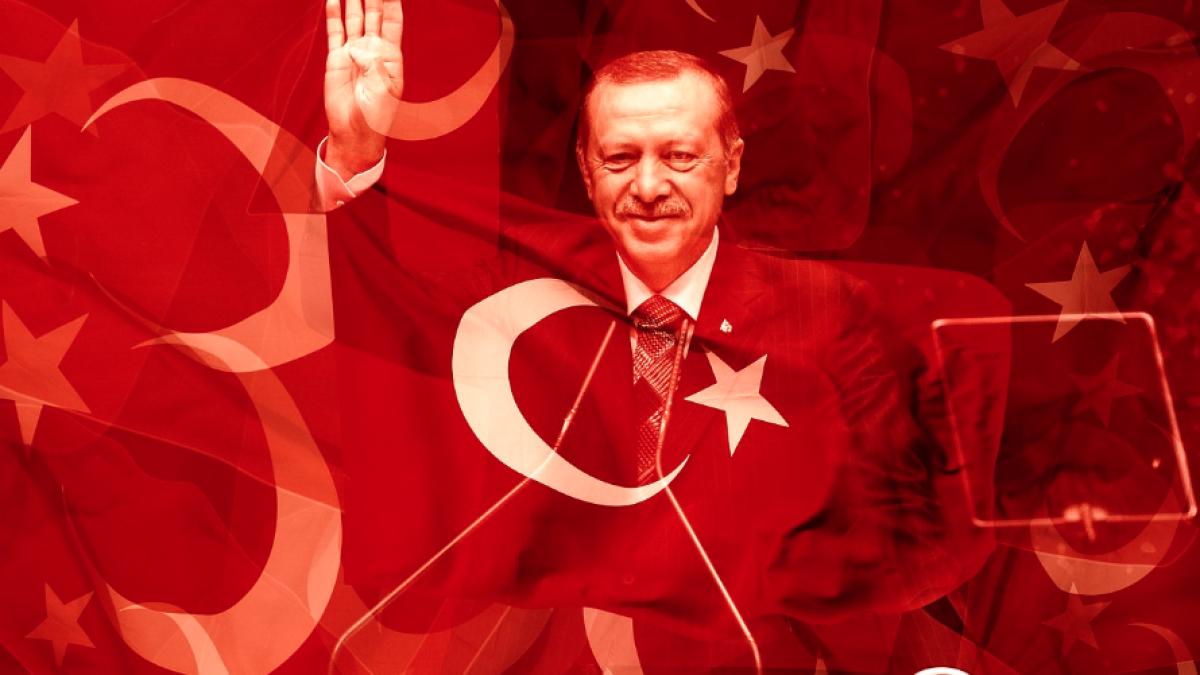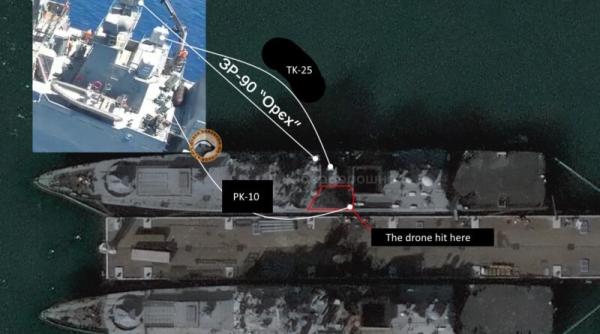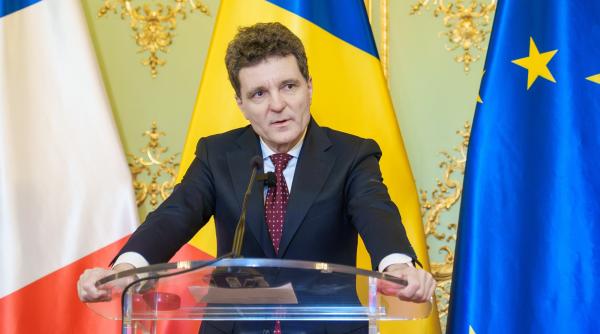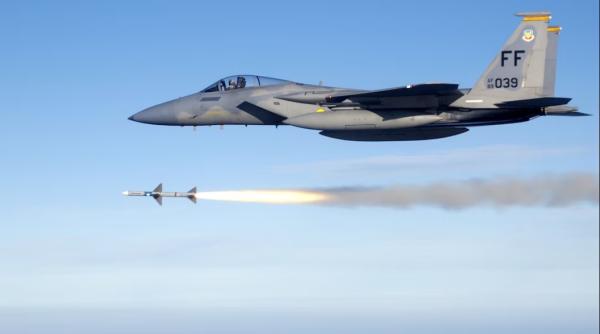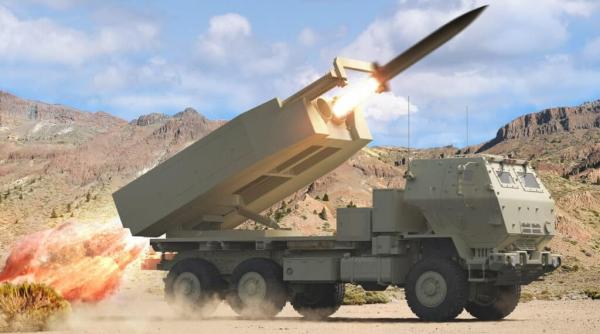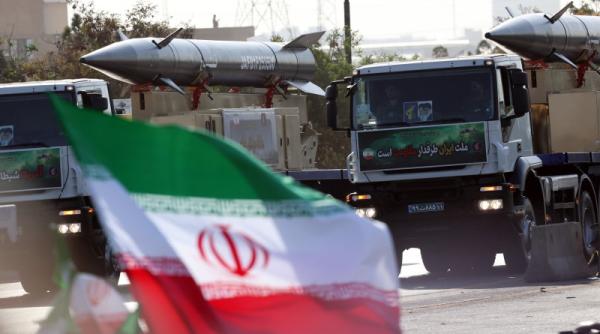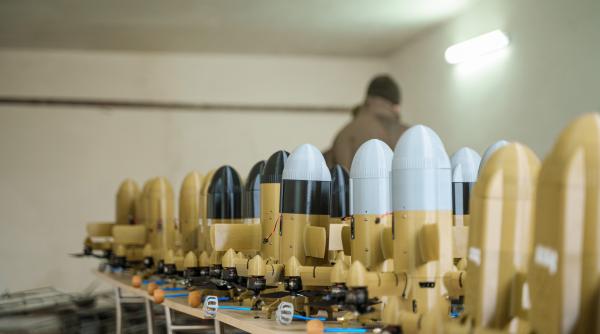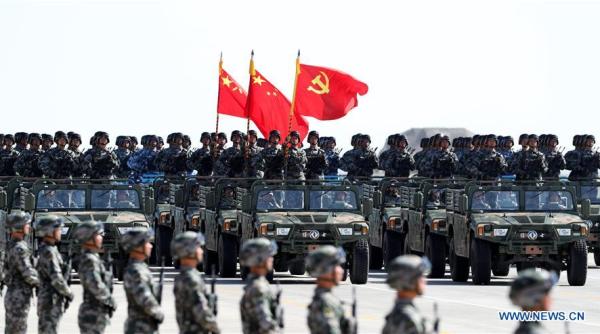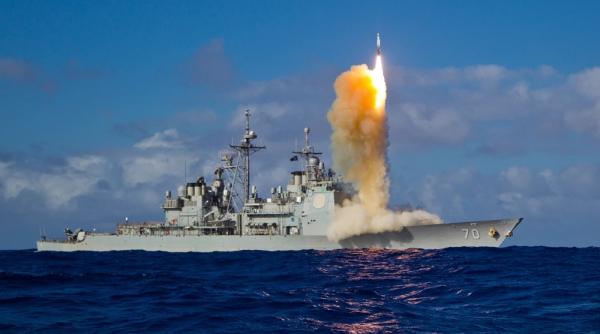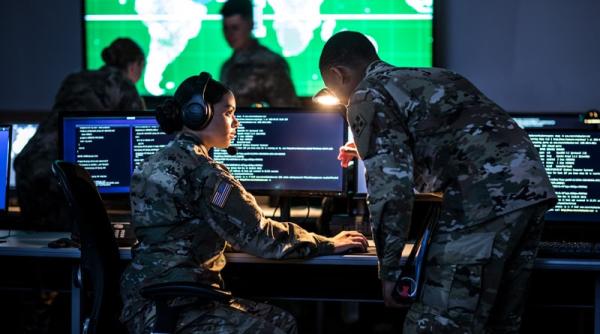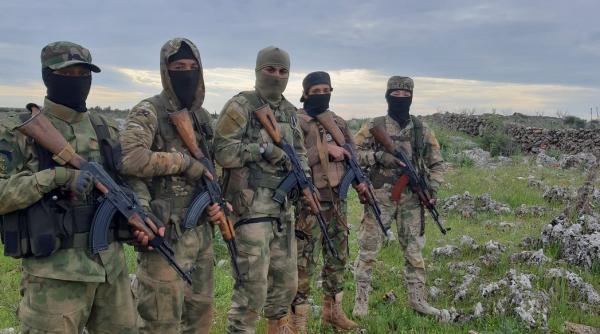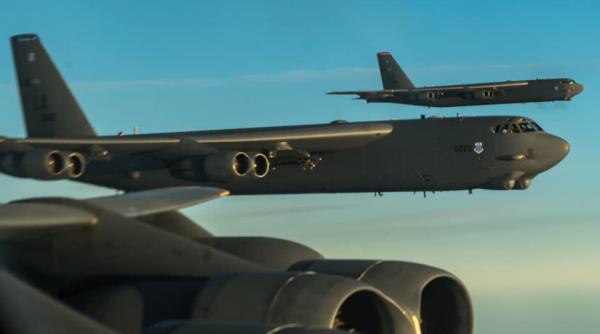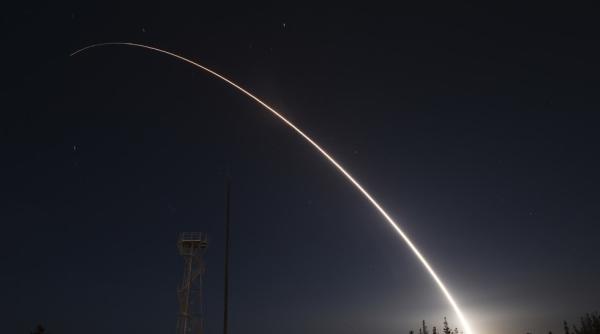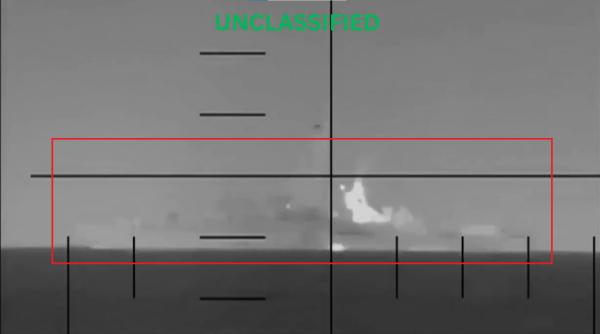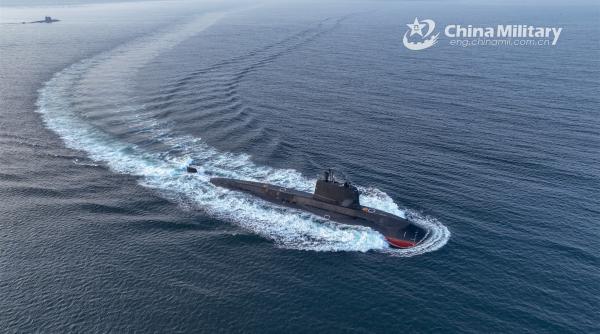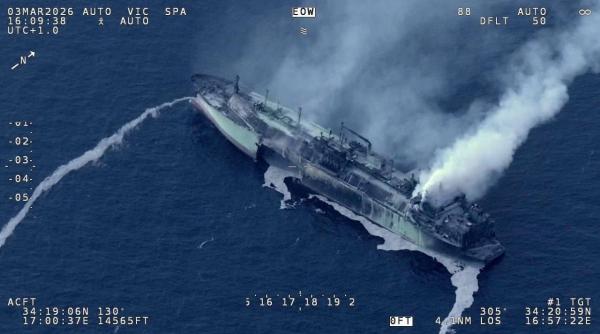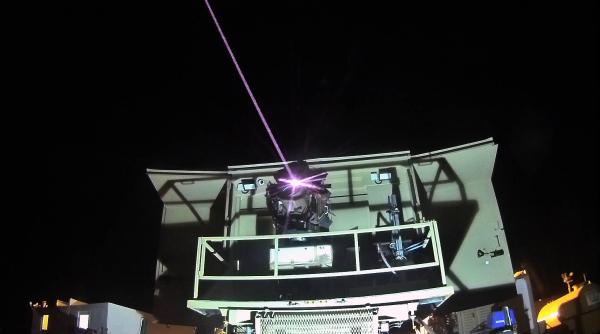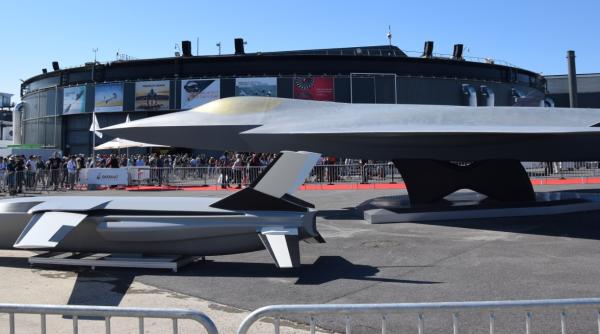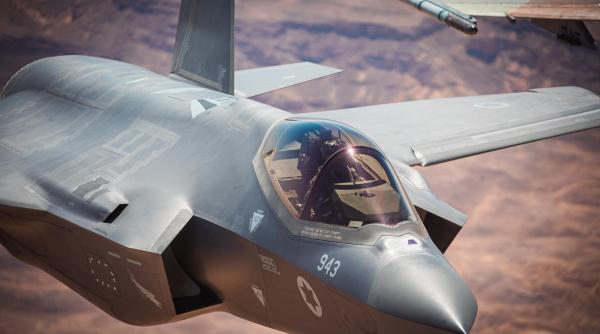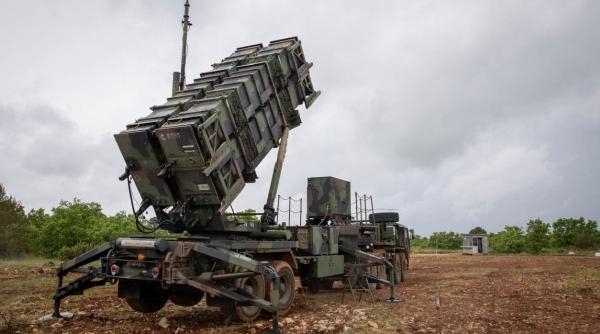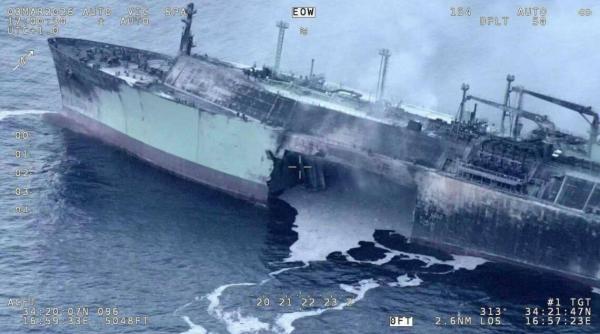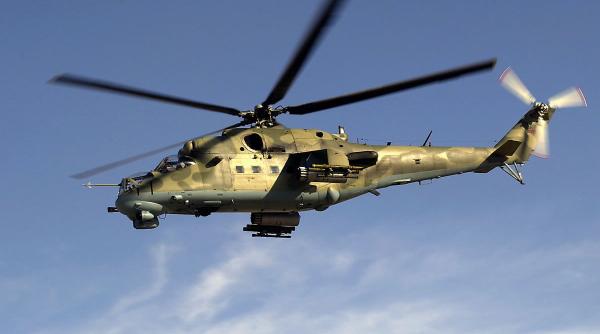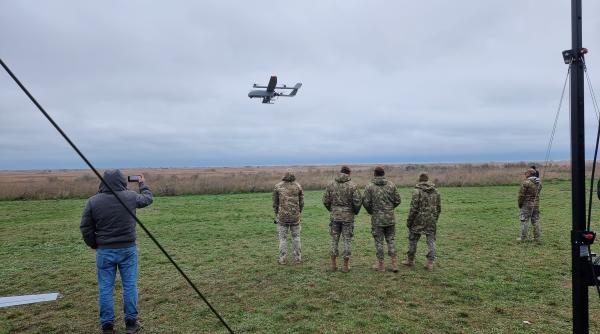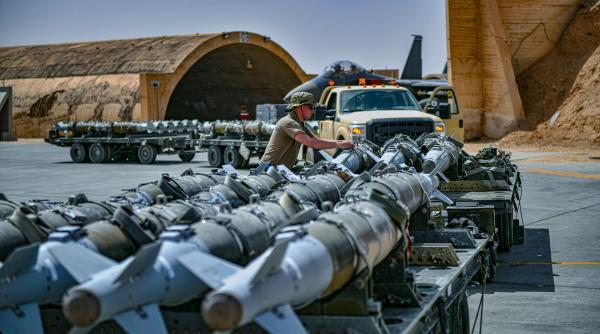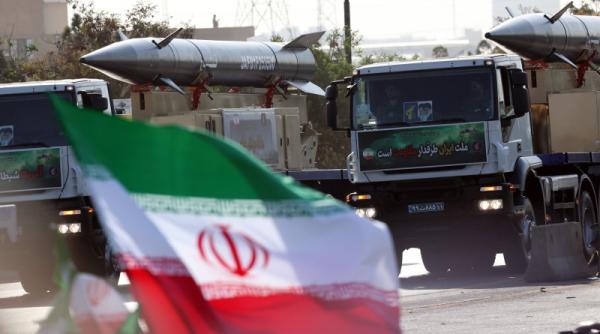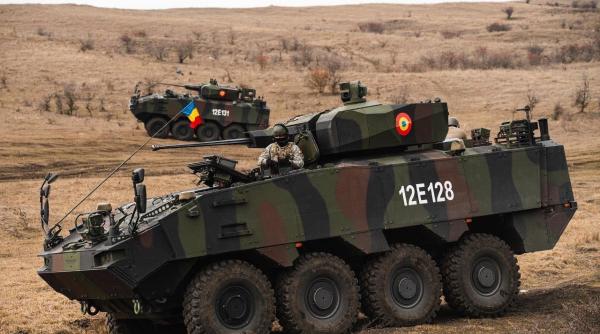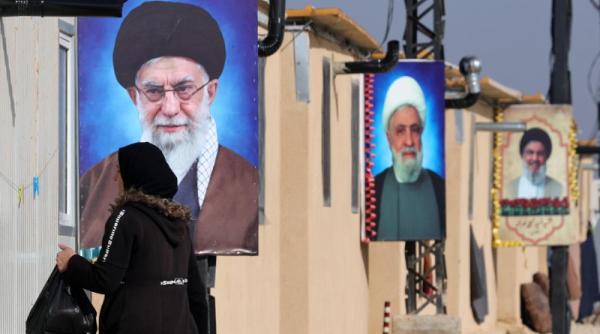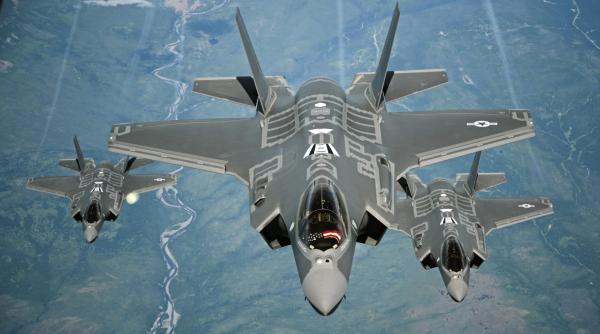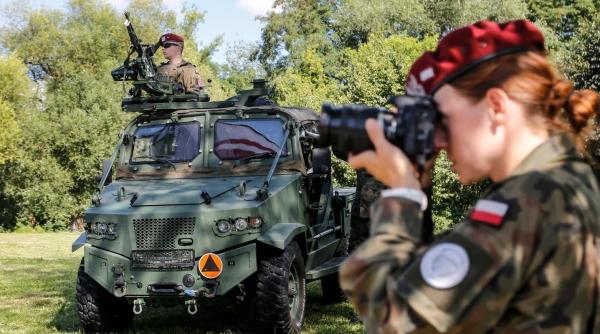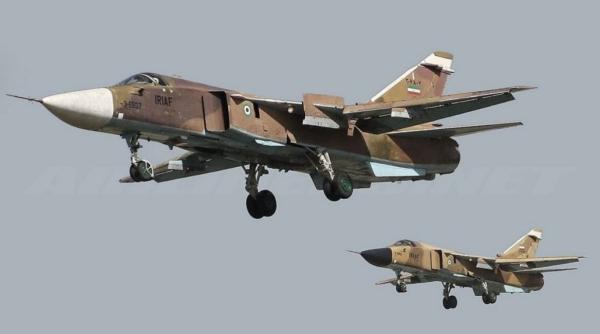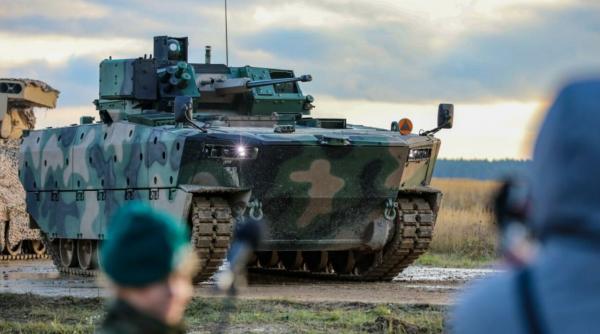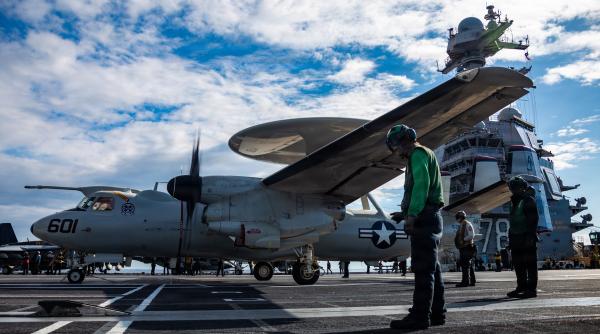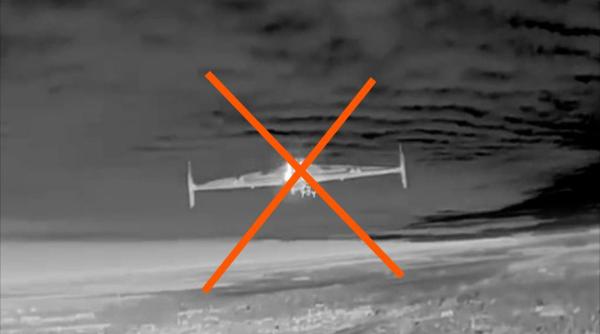The 5th Southern EU Countries Summit (MED-7) in Nicosia, tackled a wide range of pressing issues. The leaders of Cyprus, France, Greece, Italy, Malta, Portugal and Spain, have met not only to address issues such as migration or economic growth but also addressed Cypriot reunification and security offshore. In a declaration, the parties reiterated that the EU is committed and will be fully involved in the Cyprus talks, which needs to involve an active and open involvement of Turkey. The European countries also stated that Turkey will need to respect the sovereignty of Cyprus and to refrain from threat or actions that are contrary to international law. In a declaration, they stated that "on this basis, a responsible and rules-based EU-Turkey energy dialogue could be mutually beneficial". It was again reiterated that Turkey should adhere and fulfil its pending obligations in negotiations framework. The latter stipulates that Turkey's EU bid (which is already put on hold due to opposition of major EU countries, such as Netherlands and Germany), only will become a possibility if Turkey will normalize its relations with Cyprus and lifting restrictions to Turkey's ports and airports towards Cyprus and EU companies associated with the island.
During the summit, the offshore gas potential and development of the East Med was also on the table, as energy and security issues are intertwining. Cypriot president Nicos Anastasiades stated that the parties agree that there is a need to push forward the EastMed gas pipeline, as it will strengthen the EU energy security significantly. This part is however still open for debate, as the potential investors and operators offshore Cyprus, Egypt and Israel, are not yet convinced about the commercial and technical viability of this particular multi-billion project. Other options should still be discussed, even though the MED-7 parties have clearly their own preferences. Still, without the full participation of Israel, and Egypt, a full-scale offshore gas pipeline via Greece to other European countries is set to fail. More important than the ongoing energy integration projects is still the increased threats and tensions in the region.
Officially, the participants have indicated that they are fully behind Cyprus' search for natural gas in its exclusive economic zone (EEZ). This is plotting a course for - especially if the Israeli-Egyptian gas projects are taken into consideration - a full-scale confrontation with Turkey.
As argued before, Ankara is showing an increased military inclination to force its own position. At present, several offshore Turkish vessels are looking for gas reserves in and around the area, while the Turkish navy will be holding a major exercise in the coming weeks. Turkish obstruction/opposition to drilling operations by ExxonMobil, Total and Eni, in 2018 do not bode well for further drills in 2019. In a reaction, French president Macron, also attending MED-7, stated bluntly that Paris fully backs Cyprus' sovereign right to search for gas off the island nation's coast amid continued opposition by neighbouring Turkey. Macron reiterated that France is "very concerned" about what's happening in waters around the island and that he conveyed that to Turkish President Recep Tayyip Erdogan.
Some positivism about Turkey however also was there. Greek prime minister Alexis Tsipras stated that he will be going to Istanbul to meet Erdogan next week. Without referring to Cyprus in particular, Tsipras reiterated that all concerns of the MED-7 countries will be conveyed to Erdogan. The coming weeks, looking at the outcome of MED-7 and the ongoing military build-up in and around Cyprus-Turkey, all actions should be taken to prevent an escalation.
At the same time, the MED-7 also should prepare for a more constructive and security inclusive strategy to address Arab concerns during the upcoming EU-League of Arab States Summit, which will be in February. Offshore security, especially addressing also the southern Mediterranean and Levant region's issues, is a necessary item when discussing at the same an energy corridor to Europe. At present, looking at the fragile or even constrained relationship between Turkey and Europe, or even within NATO, other options should be addressed. Soft politics, such as migration or economic developments are directly linked to security in North and South.
Given that European leaders are very wary to talk about war or military actions, the Cyprus situation or Syria should be looked at as a reason to set up an integrated economic and security alliance on both sides of the coin.
